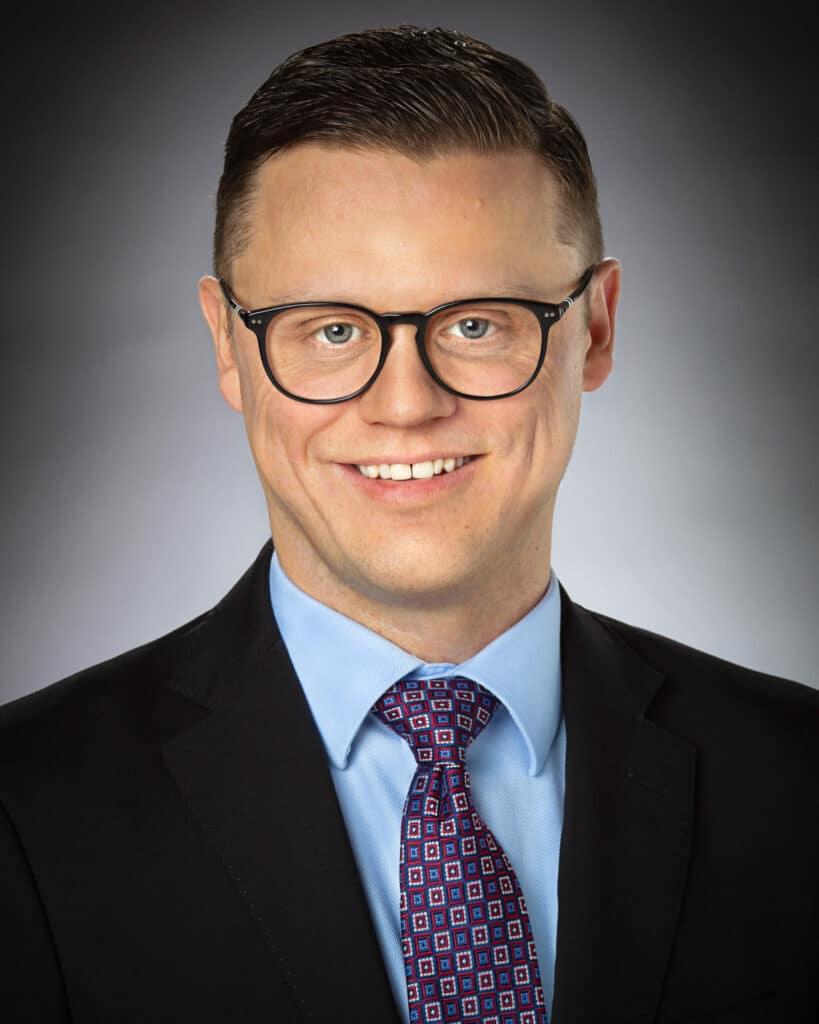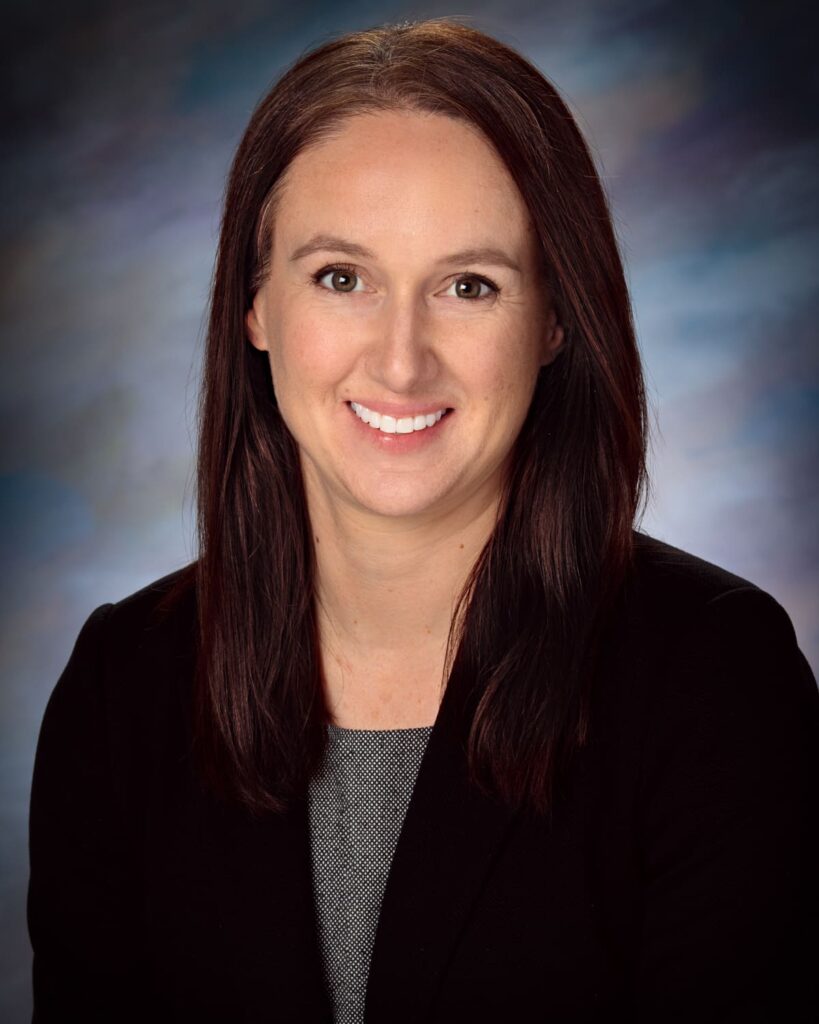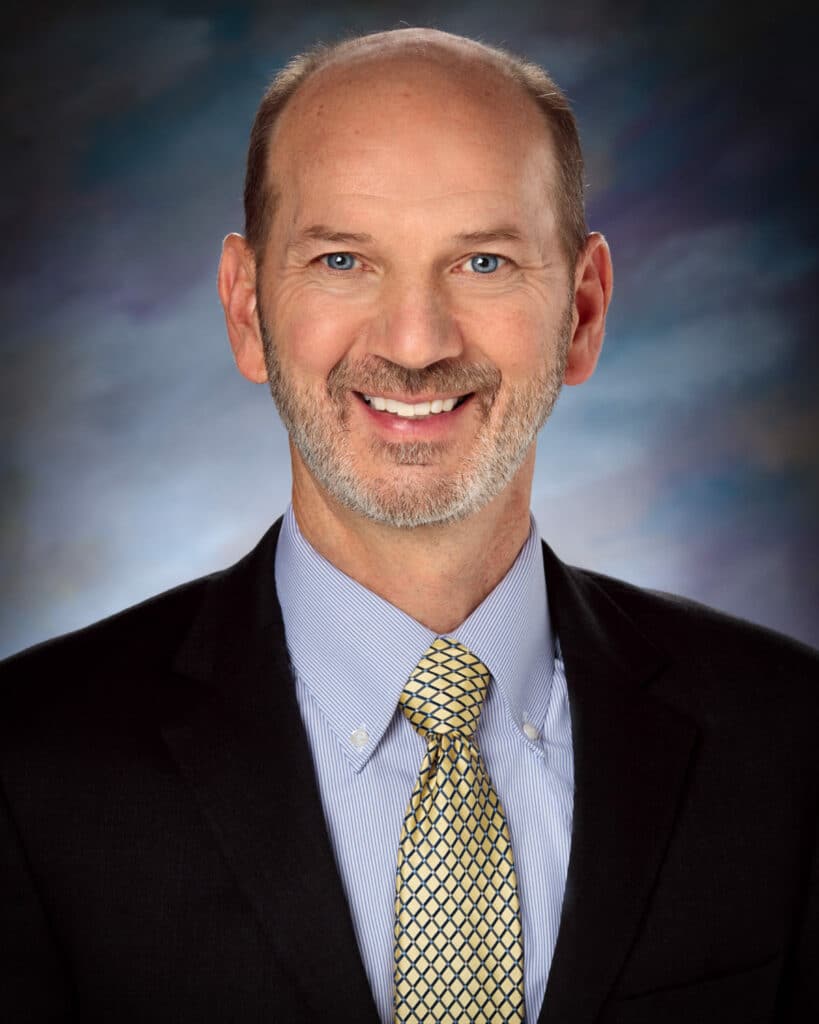MN Courts Want to Help Parents Battling Opioid Addiction

Andrew & Poole, P.A.

While opioid addiction continues to ravage families across the United States, Minnesota is working hard to help keep drug offenders from prison.
They do so by helping them into treatment programs through specialized Drug Courts. They’ve even created a sub-court system, Drug Courts for Families, which caters to those families battling addiction in order to help them stay together.
Here’s what you need to know about addiction and the court system in Minnesota and how family-based treatments are working to keep families together instead of being torn apart.
How Opioids Are Affecting Minnesotans
According to the Centers for Disease Control and Prevention, deaths due to prescription opioids are on the rise. In 2010, a little over 21,000 people died from opioid overdoses.
Fast forward to 2017 and that number more than doubled with almost 47,000 people dying from opioid overdoses in that year alone.
It’s estimated that about 8 percent of Minnesotans use illicit drugs such as marijuana and opioids. It’s estimated that every 25 minutes in Minnesota, a baby is born suffering withdrawal from opioids.
Opioids have also killed almost 4,000 Minnesotans over the last 15 years.
Drug use often ends up entangled with law enforcement and enter the court system. Luckily, Minnesota has pioneered a program to help those addicted to opioids and their families as well.
Pioneering the Family Dependency Treatment Court System
Family Dependency Treatment Court is a blend of drug testing, treatment, court-ordered supervision, behavior sanctions and incentives, and court appearances. Its goal is to reduce the number of people who end up in drug court again and also to keep family units together.
The court carefully selects certain cases of child abuse and neglect that center around drug dependency. In those cases, they provide a safe environment where children, as well as parents, are supported and given the services they need.
MN Drug Treatment Court Goals
The main goals of the Family Drug Treatment Court in Minnesota are as follows:
- Provide placement of children in a safe environment permanently
- Stop the cycles of neglect and abuse in families struggling with drug addiction
- Provide parents and children with the skills and services they need for safety and health
- Use a strengths-based approach to respond to family issues
- Provide treatment for families who are impacted by substance abuse and dependence
- Provide information and care for families so they can function in a responsible way
- Hold parents accountable for their recovery and actions
- Avoid delays in processing cases by ensuring that parent comply with orders of the court and any other services ordered and to facilitate the court’s ability to modify its orders as the case moves through the court
The bottom line is that the Family Drug Court is about encouraging participants to take control of their recovery and work on issues within their families. Still, just as with any other court, if the clear and definitive rules are broken, then the defendant will face the judge.
Getting Into a Minnesota Family Dependency Court

It’s important to understand that the Family Dependency Court is not a “get out of jail free” card. This program requires rigorous drug testing, treatment, classes, and the repayment of restitution if ordered by the court.
It’s also up to the discretion of the judge how long the program will last for each parent. Know this, though: If you’re facing prison time or losing your children due to opioid addiction, there is hope.
Investigate how you can get into Family Dependency Court to keep your family together as you get the treatment you need.
About the Author:
A former Assistant Public Defender for the Sixth Judicial District in Duluth and former staff attorney for the Indian Legal Assistance Program, Brent R. Olson is an experienced trial lawyer who has appeared in every Courthouse in the Sixth Judicial District and taken over three dozen cases to verdict. At LaCourse, Poole & Envall, Mr. Envall focuses on family law, workers’ compensation, and criminal defense. He has a strong belief in restorative justice and helped to develop the Domestic Violence Restorative Circles program.
















